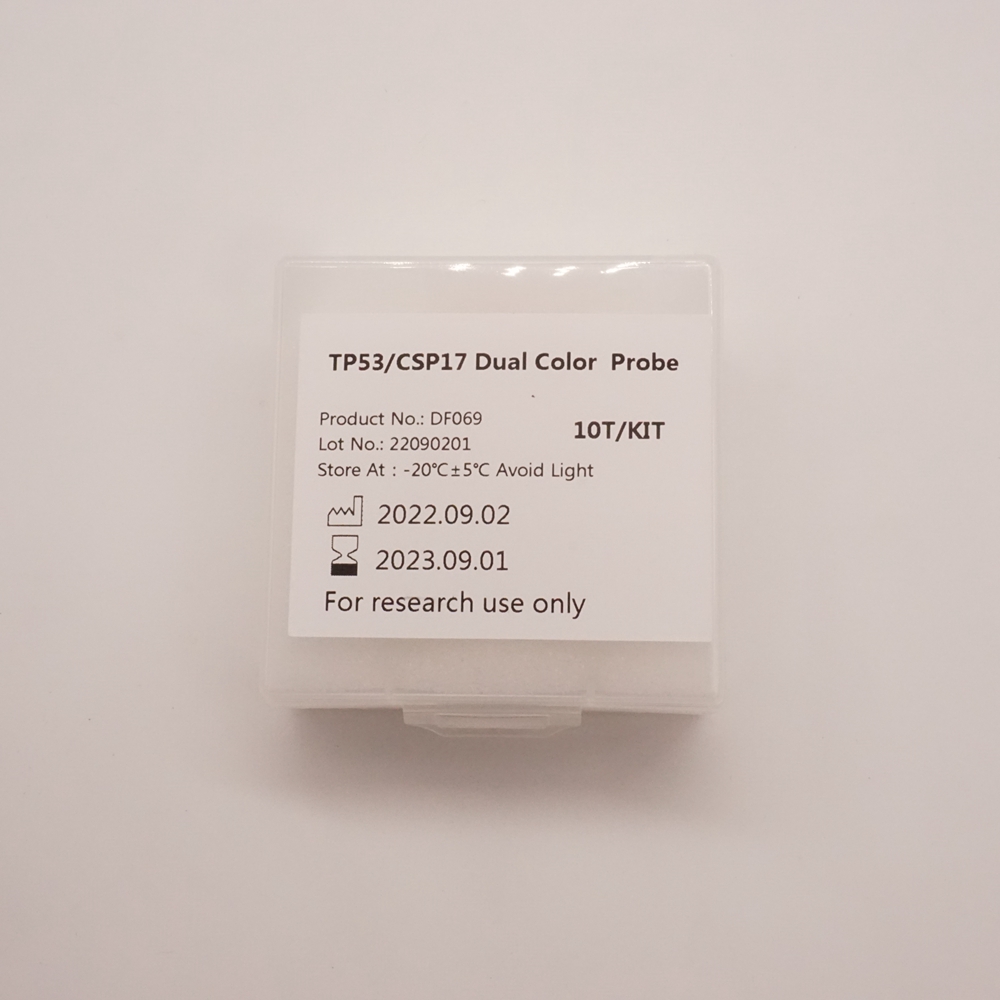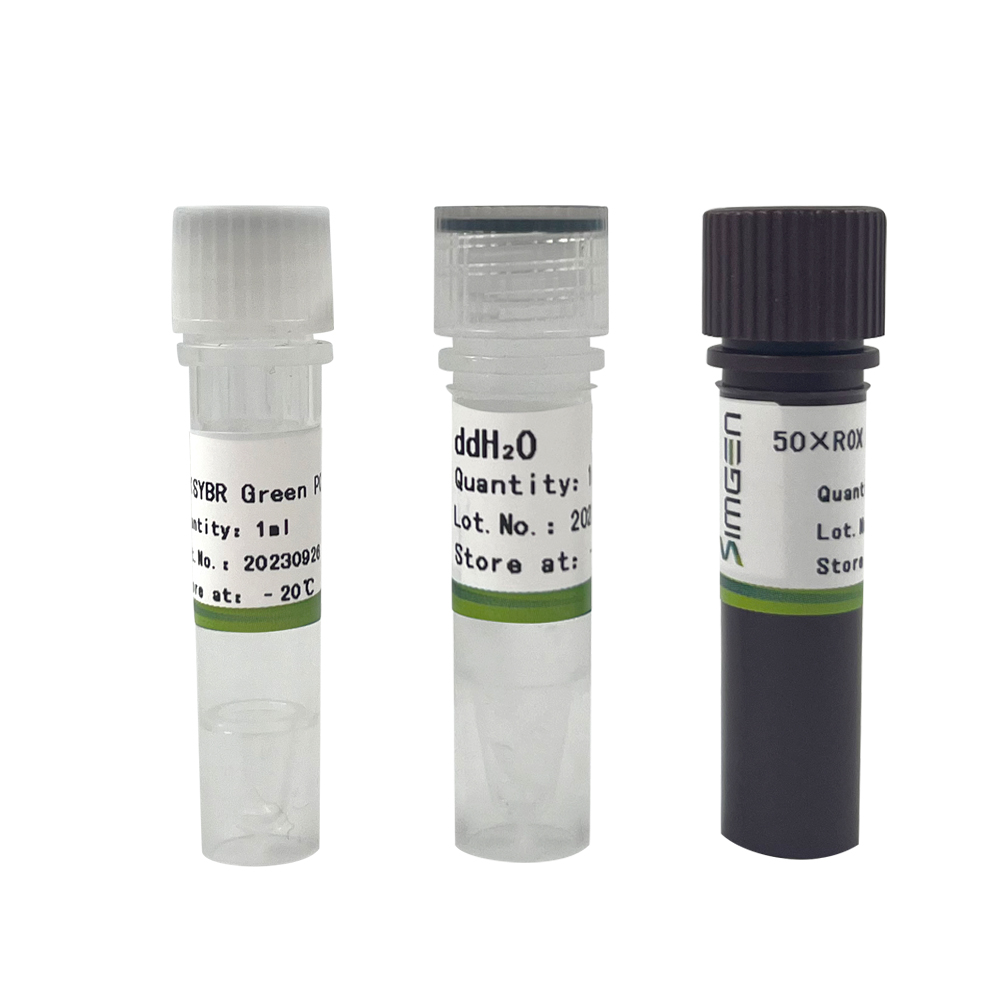PCR, multiple PCR, In situ PCR different
December 26, 2023
PCR, multiple PCR, In situ PCR different
Polymerase Chain Reaction (PCR) is a molecular biology technique used to amplify and analyze DNA. There are different variations of PCR, including multiple PCR and in situ PCR. Let's briefly discuss each of them:
PCR (Polymerase Chain Reaction):
Definition: PCR is a laboratory technique used to make multiple copies of a specific DNA segment. It involves a series of temperature cycles, including denaturation, annealing, and extension, which are carried out by a DNA polymerase enzyme. The result is the exponential amplification of the target DNA.
Multiplex PCR (Multiple PCR):
Definition: Multiplex PCR is an extension of traditional PCR that allows the simultaneous amplification of multiple DNA targets in a single reaction. It involves using multiple sets of primers, each specific to a different target DNA sequence.
Applications: Multiplex PCR is useful when there is a need to amplify and analyze several DNA targets in a single reaction. It is commonly used in genotyping, pathogen detection, and forensic applications.
In Situ PCR (In Situ Polymerase Chain Reaction):
Definition: In situ PCR is a technique that combines PCR amplification with in situ hybridization, allowing the detection of specific DNA sequences within fixed cells or tissues. This method enables the localization of the amplified DNA directly within the cellular or tissue context.
Applications: In situ PCR is often used in research settings to study the spatial distribution of specific DNA sequences within cells or tissues. It can be applied to various fields, including genetics, pathology, and developmental biology.
In summary:
PCR is the general technique for DNA amplification.
Multiplex PCR is a modification that allows the amplification of multiple DNA targets simultaneously.
In Situ PCR combines PCR with in situ hybridization to detect and localize specific DNA sequences within cells or tissues.
Each of these PCR variations has its specific applications and advantages, depending on the experimental goals and the nature of the samples being analyzed.
Related Product
2×Taq PCR Master Mix
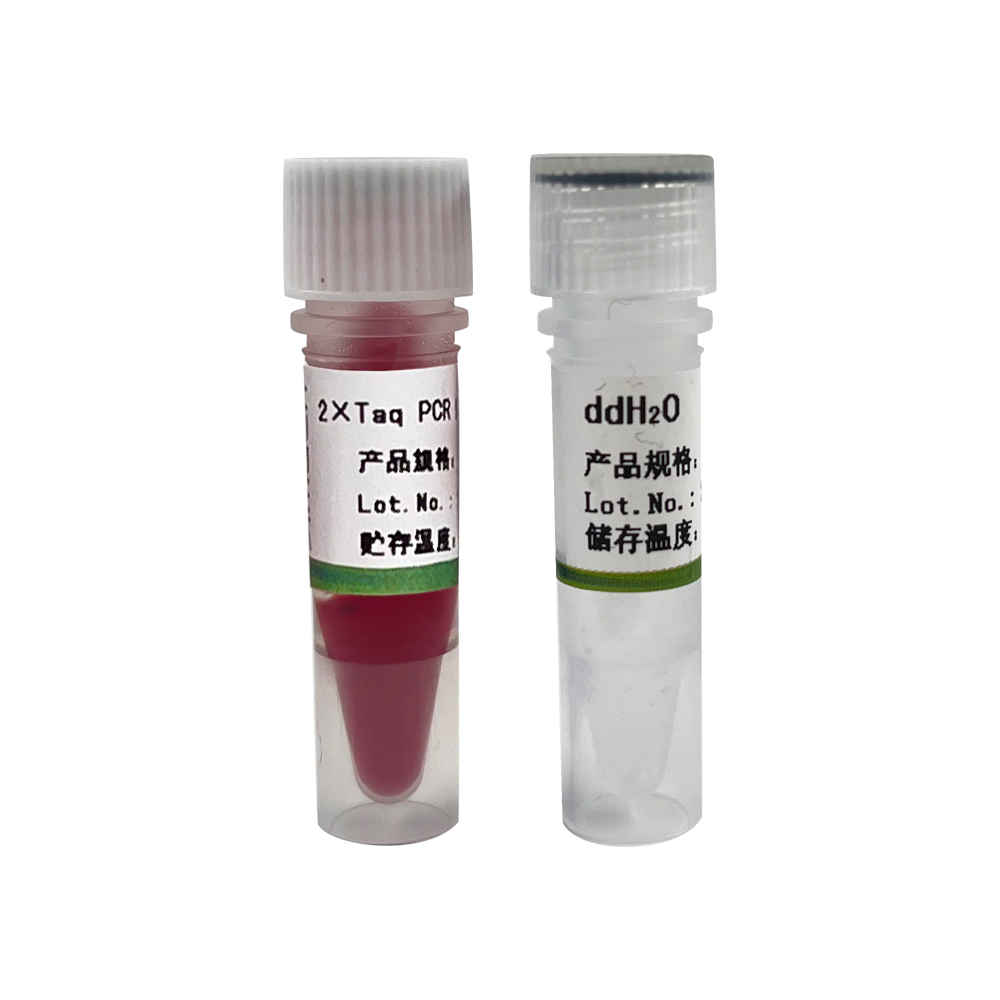
2×SYBR Green PCR Mix
2×Probe qPCR Mix
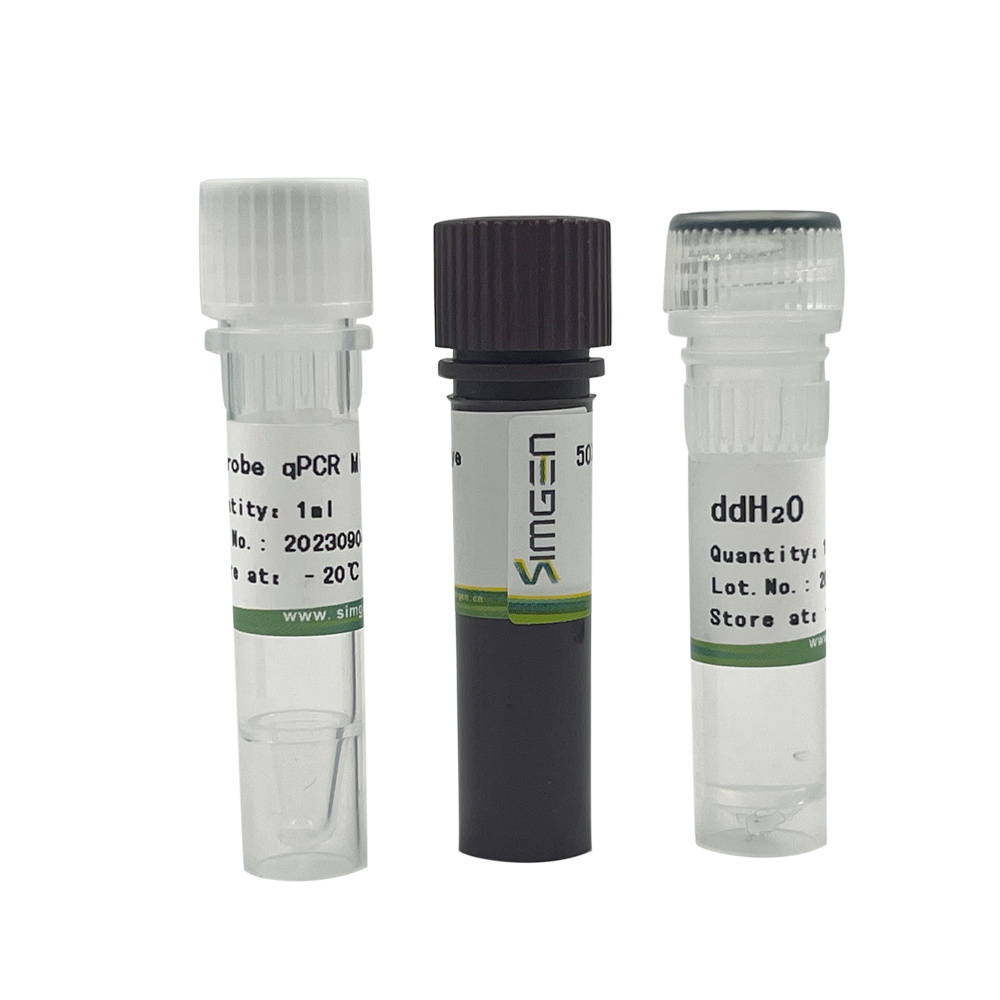
2×One Step Probe RT- QPCR Mix
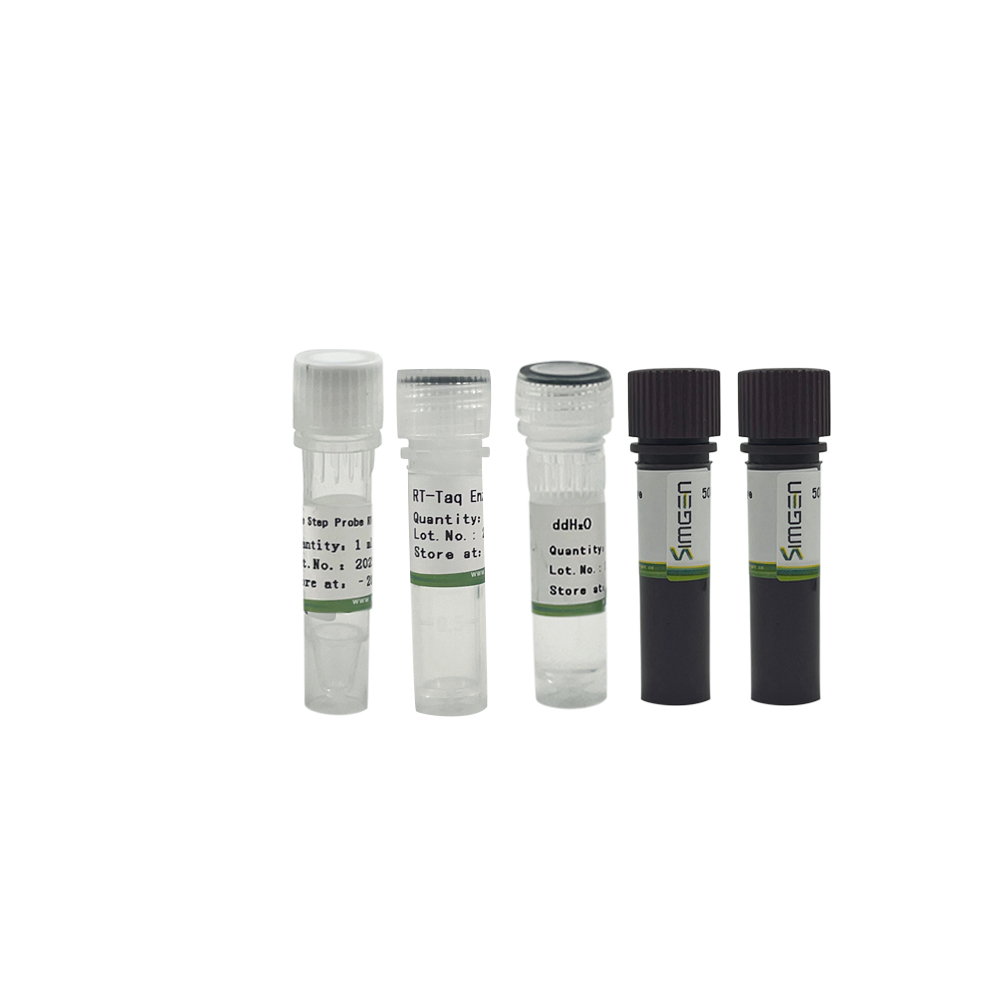
TP53/CSP17 Dual Color Probe Fluorescence In Situ Hybridization (FISH) Reagents
